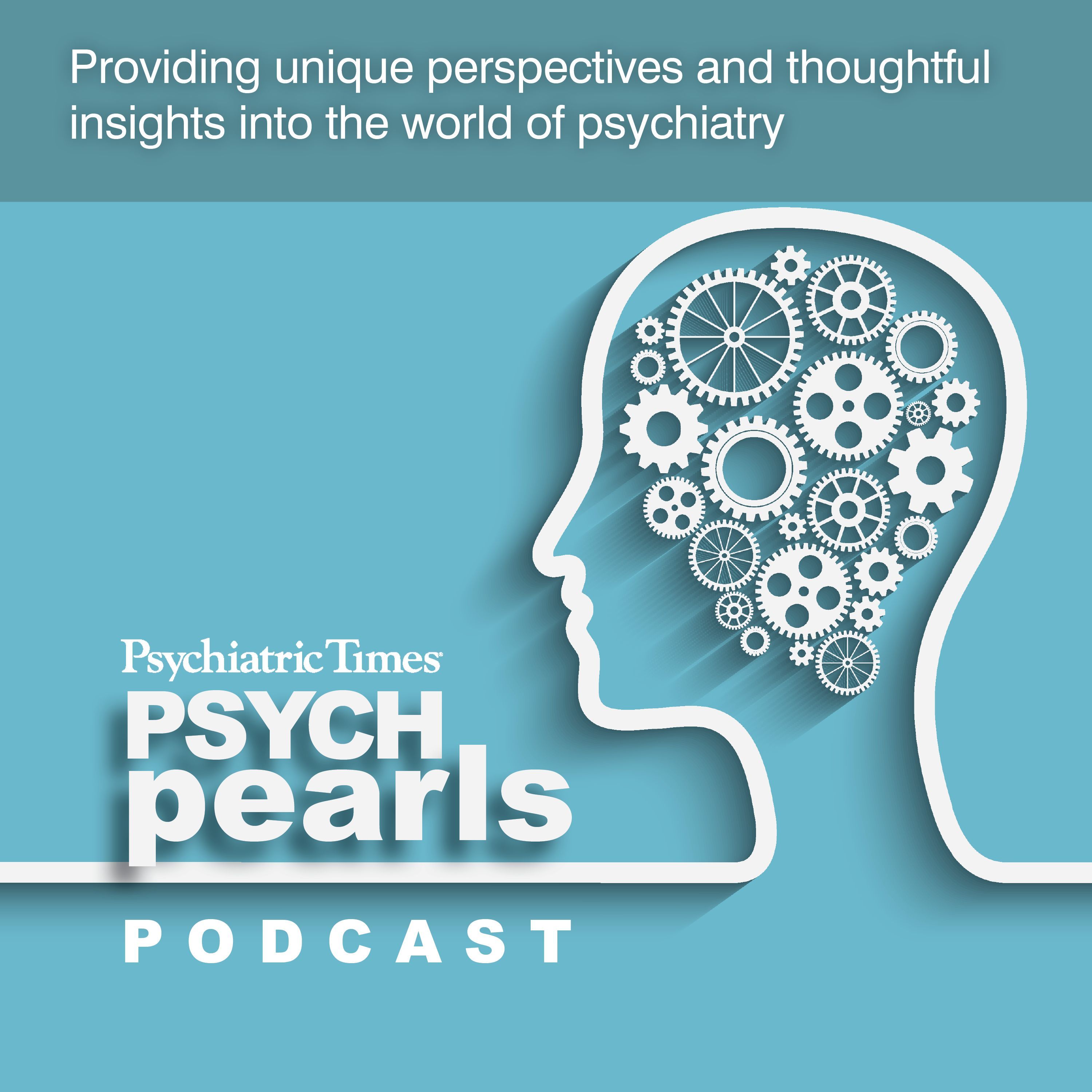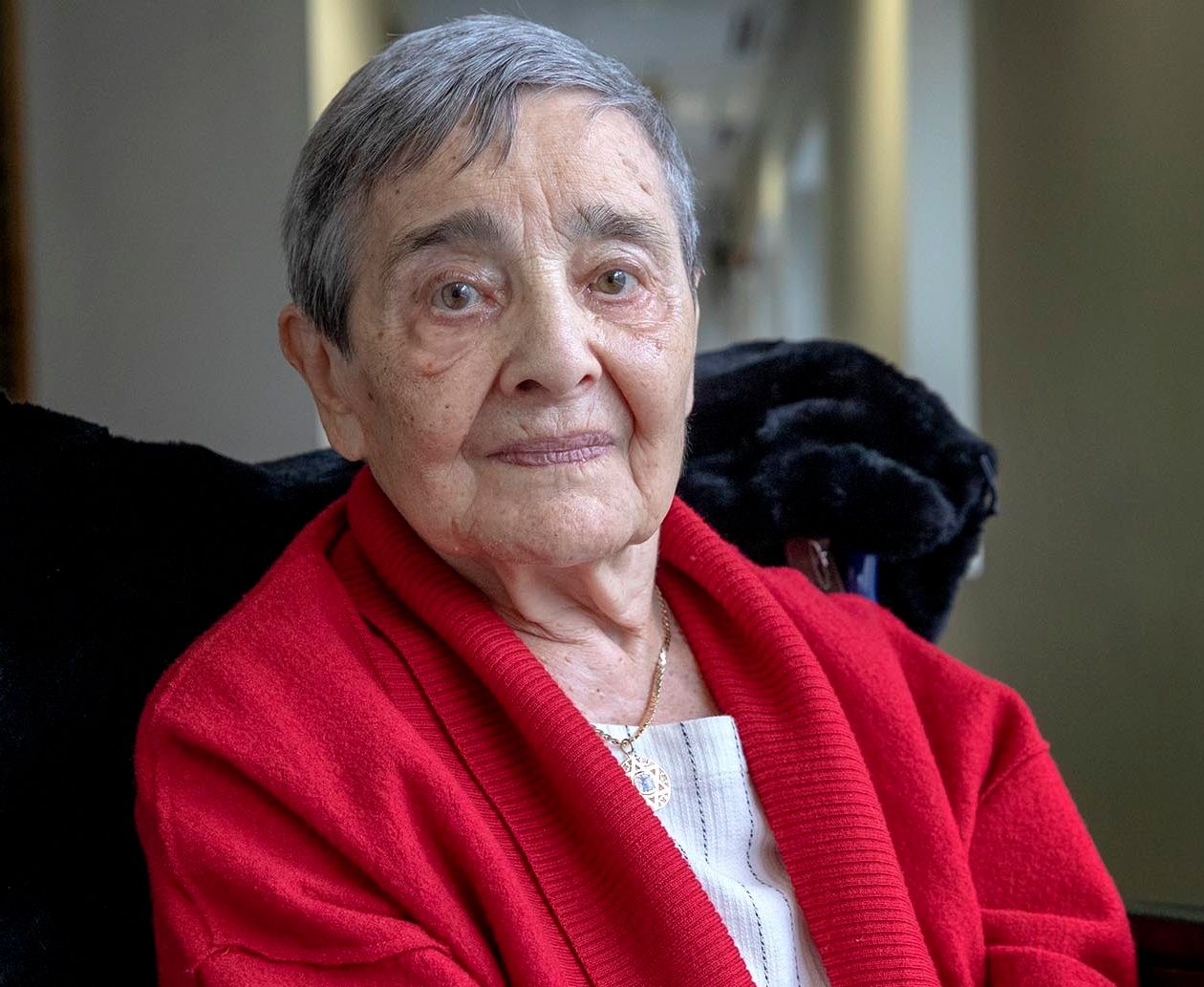Blog
Article
Losing Laughter Online
Author(s):
Is laughter in jeopardy online?
Xavier Lorenzo/AdobeStock

PSYCHIATRIC VIEWS ON THE DAILY NEWS
We humans communicate in myriad ways, verbally and nonverbally. Laughter sort of mixes both, but may be in jeopardy online, at least whenever there is not a video link. Images of emojis seem insufficient. Perhaps this helps explain the popular success of online communications based on brief humorous videos.
Yesterday seemed to be one of those days where the news made laughing difficult, especially in reports from the war zones. That spilled over into some contentious online interchanges of colleagues.
Today’s article in The Washington Post, “What’s in Kamala Harris’s Laugh?” brought the matter to the fore.1 We currently have one candidate who does not laugh and the other who has a deep one. Does either convey better mental health benefits to the candidate and to the public?
Laughter can be therapeutic. It can reduce undue tension, provide deeper meanings, and convey some appropriate vulnerability. On the other hand, it can be unduly critical, a displacement of anger, even contempt. It is difficult to find its timely and appropriate place in psychotherapy and other treatment situations but, if successful, helps the therapeutic alliance.
At the very least, people should try to realize what is missing online when laughter is not heard or seen. It would be a major loss if we lose the ability to laugh when we need to.
Dr Moffic is an award-winning psychiatrist who specialized in the cultural and ethical aspects of psychiatry and is now in retirement and retirement as a private pro bono community psychiatrist. A prolific writer and speaker, he has done a weekday column titled “Psychiatric Views on the Daily News” and a weekly video, “Psychiatry & Society,” since the COVID-19 pandemic emerged. He was chosen to receive the 2024 Abraham Halpern Humanitarian Award from the American Association for Social Psychiatry. Previously, he received the Administrative Award in 2016 from the American Psychiatric Association, the one-time designation of being a Hero of Public Psychiatry from the Speaker of the Assembly of the APA in 2002, and the Exemplary Psychiatrist Award from the National Alliance for the Mentally Ill in 1991. He is an advocate and activist for mental health issues related to climate instability, physician burnout, and xenophobia. He is now editing the final book in a 4-volume series on religions and psychiatry for Springer: Islamophobia, anti-Semitism, Christianity, and now The Eastern Religions, and Spirituality. He serves on the Editorial Board of Psychiatric Times.
Reference
1. Judkis M, Voght K. What’s in Kamala Harris’s laugh? The Washington Post. July 31, 2024. Accessed August 1, 2024. https://www.washingtonpost.com/style/power/2024/07/31/kamala-harris-laugh/#
Newsletter
Receive trusted psychiatric news, expert analysis, and clinical insights — subscribe today to support your practice and your patients.





